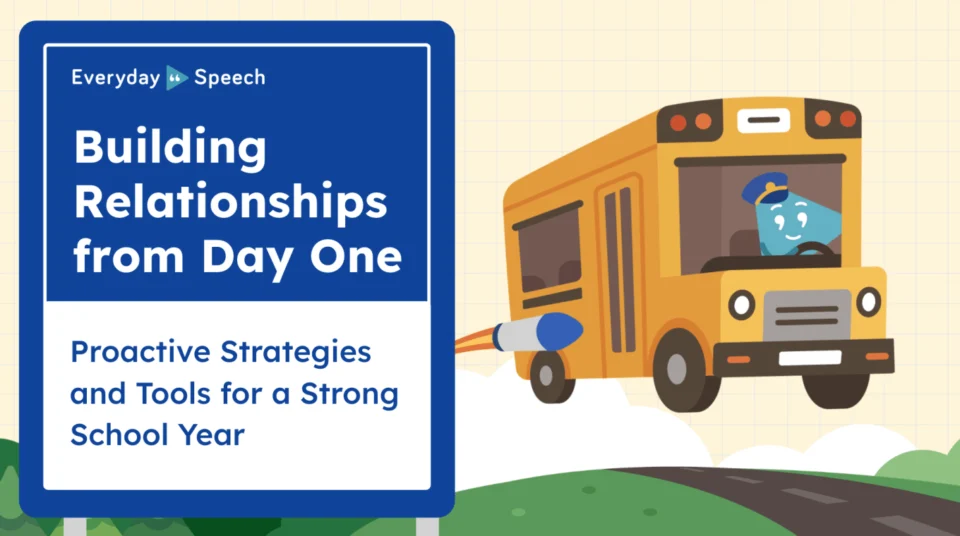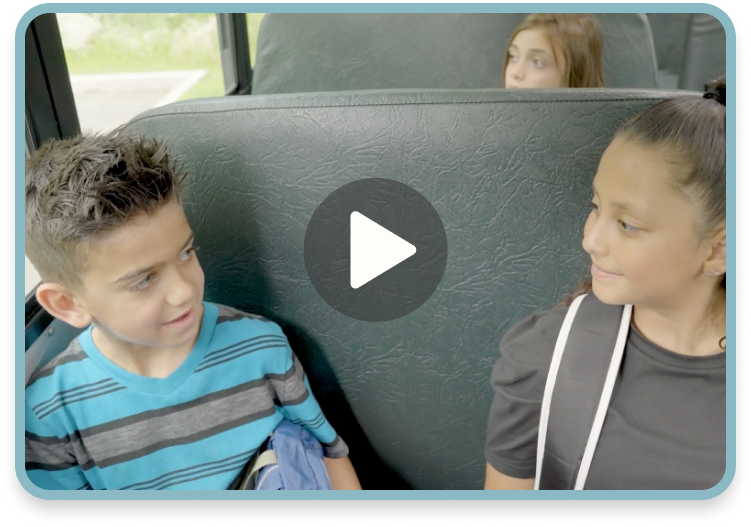Teaching Students the Importance of Asking for Permission
Get free social skills materials
No-prep lessons on self-regulation, emotional recognition, conversation skills, and more.
Sign up hereWhen working with students in Special Education, it’s important to teach them valuable social skills that will help them navigate their environment. One such skill is asking for permission before using shared resources or engaging in certain activities. In this blog post, we’ll explore an easy-to-implement no-prep activity, discussion questions, and related skills to help students understand the importance of asking for permission.
Introduction
Asking for permission is a crucial skill that fosters respect, boundaries, and understanding between individuals. By teaching students to ask for permission, we’re encouraging them to be mindful of others’ needs and preferences, and promoting a safe and inclusive learning environment. This skill can be especially beneficial for students in Special Education, as it helps them develop a strong foundation for their social-emotional growth.
No-Prep Activity: Role-Playing Scenarios
This simple activity requires no preparation or materials from the educator and is perfect for teaching students the importance of asking for permission. Here’s how you can implement this activity in your classroom:
- Divide your students into pairs, with one student playing the role of the person asking for permission (Student A) and the other playing the role of the person granting or denying permission (Student B).
- Provide each pair with a scenario that requires Student A to ask for permission. For example, Student A wants to borrow a pencil from Student B, or Student A wants to use the computer after finishing their work.
- Give the pairs a few minutes to practice the scenario, ensuring that Student A asks for permission and Student B responds accordingly.
- After all pairs have practiced their scenarios, bring the class back together and have a few pairs demonstrate their role-play for the entire class.
- Discuss the importance of asking for permission and how it helps maintain a respectful and considerate learning environment.
Discussion Questions
After completing the role-playing activity, use these questions to stimulate further discussion among your students:
- Why is it important to ask for permission before using someone else’s belongings or shared resources?
- How does asking for permission show respect for others?
- What are some situations where asking for permission might be especially important?
- How would you feel if someone used your belongings without asking for permission first?
- What are some ways you can remember to ask for permission in various situations?
Related Skills
Besides asking for permission, there are other related skills that can help students develop a strong foundation in social-emotional learning. Some of these skills include:
- Active listening: Encouraging students to listen carefully to others and respond thoughtfully can help them better understand the needs and preferences of their peers.
- Empathy: Teaching students to put themselves in others’ shoes can help them appreciate the importance of respecting boundaries and asking for permission.
- Assertiveness: Encouraging students to express their needs and wants clearly and respectfully can help them navigate social situations more effectively.
- Patience: Helping students develop patience can teach them the value of waiting for their turn and respecting others’ time and resources.
Next Steps
Teaching students the importance of asking for permission is just one aspect of fostering a respectful and inclusive learning environment. To further support your students’ social-emotional growth, consider exploring additional resources and activities. Sign up for free samples of social-emotional learning materials to enhance your classroom and help your students thrive.


